
Can you shoot magpies with an air rifle?1 Comment22 December 2023 | Air Arms
You’ve got your air rifle and ammunition, and now you want to go shooting - so the question you must ask yourself is, what can I shoot? In this article, we’re going to look at the laws surrounding magpies in the UK and how they apply to air gun laws. In the UK, you must obtain a firearms certificate to use a shotgun, rifle or other firearm over a certain power. A FAC certificate is needed for air rifles up to 12 ft-lb in power and air pistols up to 6 ft-lb in power. Any air guns under these powers only require a general licence. So, can you shoot a magpie with an Air Rifle?The quick answer is yes. It is safe to shoot a magpie with an air rifle. It is also acceptable to use a sub 12 ft/lbs air rifle to target magpies. This is because magpies are one of the weaker quarry animals meaning that aiming for heart shots with these guns can result in clean kills. Let’s take a look at some of the elements to consider when shooting wildlife. 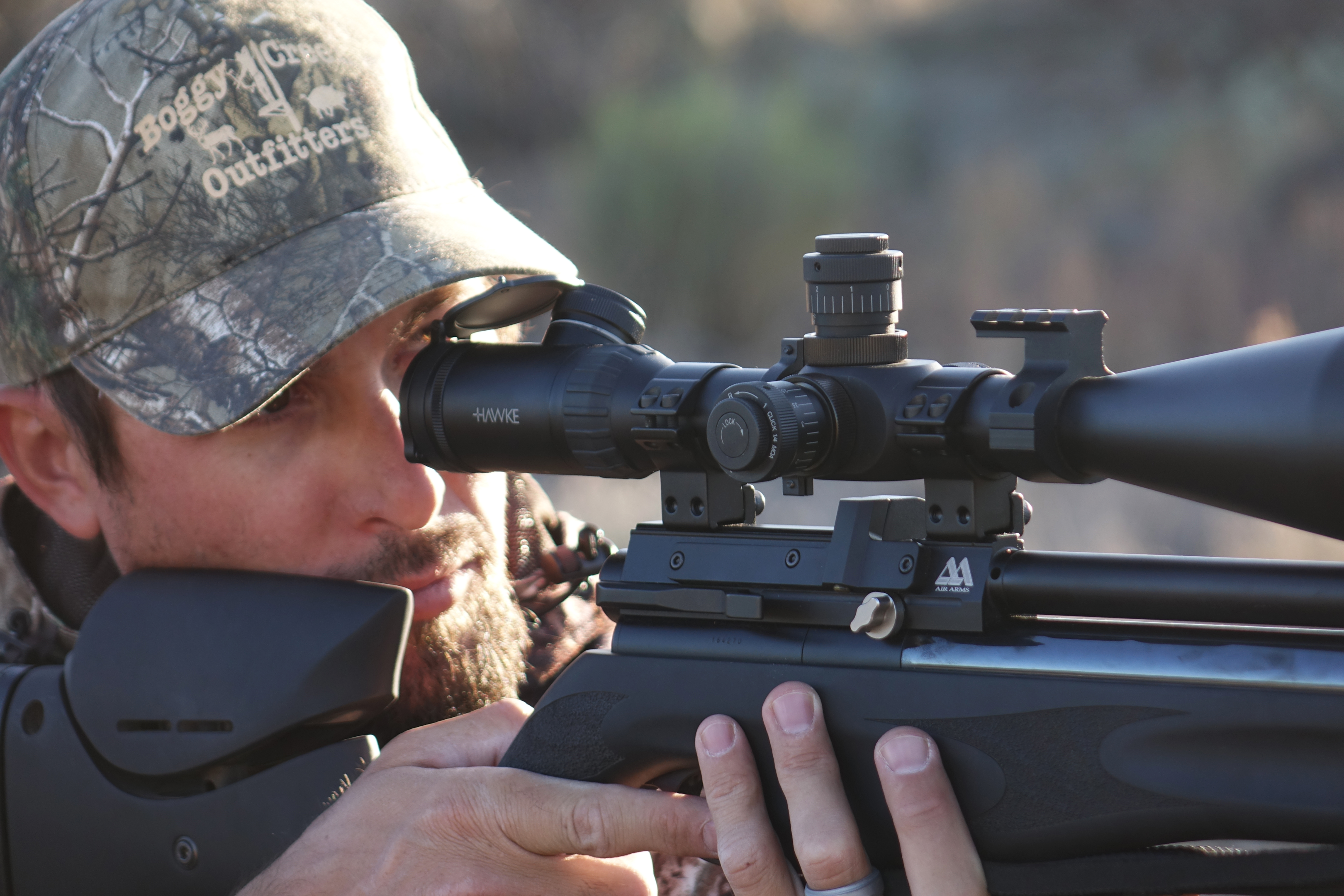 Hunting and shooting wildlife with your air rifleWhen you want to hunt and shoot wildlife, there are a few factors you need to consider. The first factor is what you can shoot. There are many different laws for different quarries - and knowing what animals are protected is a must when shooting. You are legally allowed to shoot magpies provided you’re doing so for the correct reasons. Another factor to consider is where you can shoot. Even with the correct certificates and guns, you will always need permission to shoot in the environment you’re in. Some places can also be prohibited so always make sure you’re up-to-date with the regulations in your area. Finally, you will need to know when you can shoot. For certain animals there is a particular time of year that you’re allowed to shoot them. Always familiarise yourself with these animals and their hunting seasons. These can be found here. The legality behind owning and using airguns - from air rifles to pistols, is vital in ensuring not only safety for you and others around you but also making sure the land and its wildlife are treated with dignity and respect. LicencesA general licence is a type of legal document issued by the relevant authorities (such as Natural England, Scottish Natural Heritage, or the Department of Agriculture, Environment and Rural Affairs in Northern Ireland) that grants permission to undertake specific activities related to pest control and conservation without the need for an individual application. These activities typically include controlling certain species of wild birds to protect crops, livestock, public health, or prevent damage. This licence does not require an application. A Fire Arms certificate for gun owners is issued by government agencies (police) and are renewed every year. These licences are for powerful air rifles, powerful air pistols and firearms. This type of licence is necessary for owning and using firearms and shotguns that are not covered under general licences. You can find out more information on these licences on our How to get an Air Rifle licence blog. Check out your local police governing website to apply for a firearms licence, and read up on the laws in your jurisdiction to make sure you have an understanding of what is and is not required in your area. 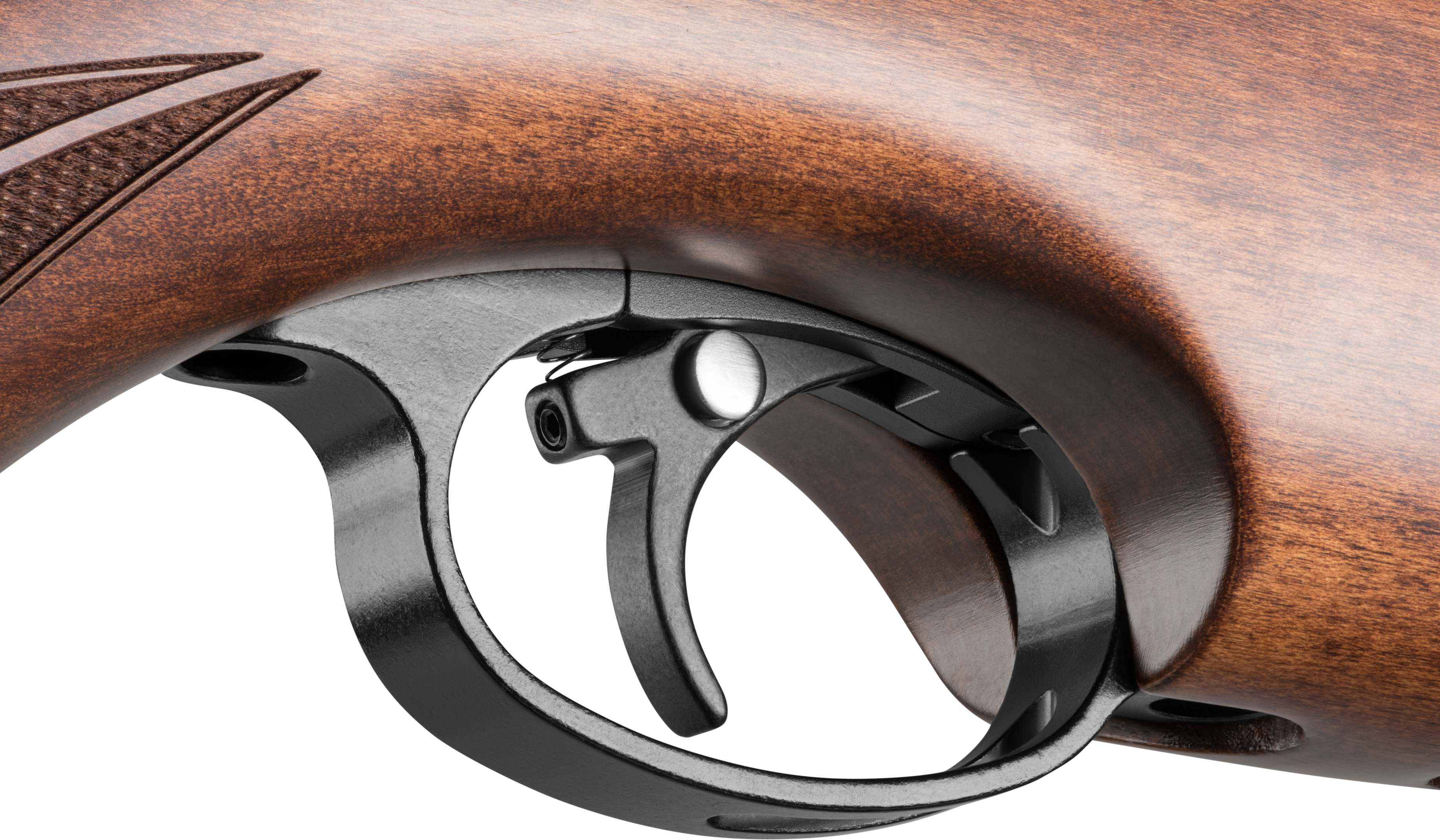 Why do we shoot pest birds?There are many different reasons why shooting certain birds is necessary. Pest birds can threaten safety, crops and spreads of diseases. Let’s take a look at some of the main reasons the law allows us to kill pest birds. Health and Safety Concerns:Pest birds, e.g. pigeons, can pose health and safety risks in certain situations. Their droppings can carry diseases and parasites that can be transmitted to humans. Additionally, their nesting materials and feathers can clog drainage systems and create fire hazards. Shooting can help mitigate these risks and protect public health and safety. Crop Protection:Pest birds can cause significant damage to crops, resulting in economic losses for farmers. Shooting, when conducted in a controlled and targeted manner, can help reduce bird populations and minimise crop damage. This can contribute to maintaining food production and safeguarding livelihoods. Conservation and Environmental Balance:Sometimes, certain bird species can become invasive and disrupt native ecosystems. Shooting pest birds, mainly non-native or invasive species, can help preserve the balance of local flora and fauna. By controlling their populations, we can protect native species and maintain ecological integrity. Bird droppings can contain harmful pathogens such as Salmonella and avian tuberculosis, which can be transmitted to livestock through contaminated hay. Additionally, the presence of bird droppings in hay can lead to spoilage and the growth of botulism spores, which can be dangerous for animals. Urban Environment Management:In urban areas, pest birds can create nuisances and damage buildings, monuments, and infrastructure. Shooting can effectively deter birds from roosting or nesting in specific locations, helping protect property and maintaining the aesthetic appeal of urban areas. Alternative Methods Insufficiency:While there are various non-lethal bird control methods, such as deterrents and habitat management, they may not always be sufficient in certain scenarios. Shooting can be a necessary tool when other methods prove ineffective or impractical, ensuring that bird populations are managed appropriately. 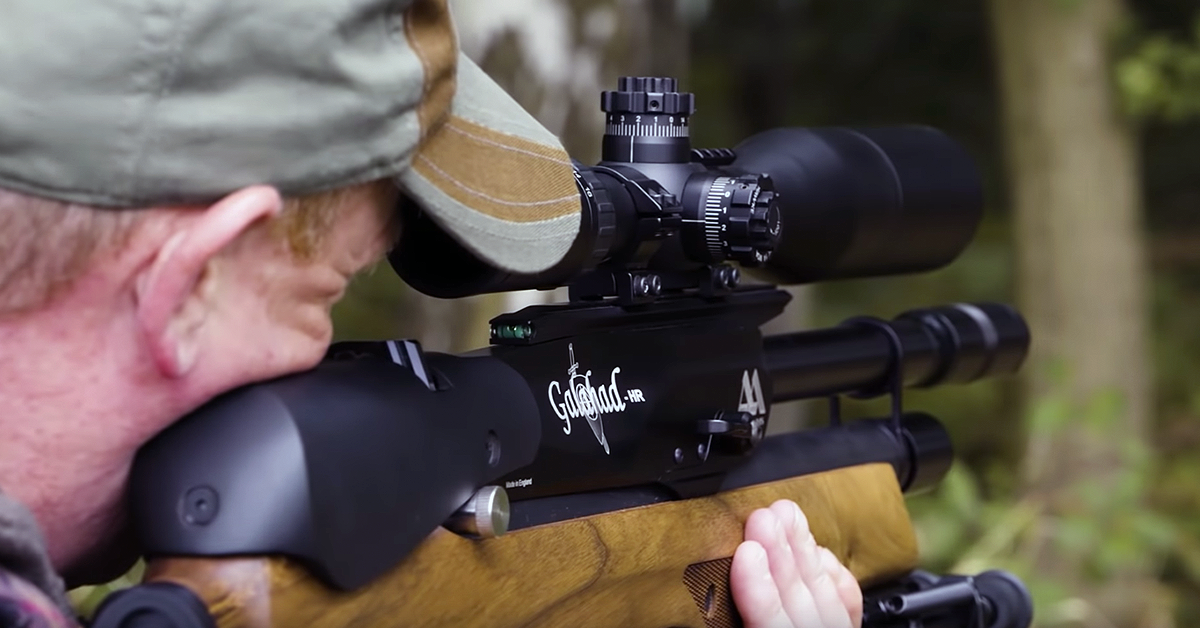 What birds are considered pests?In the UK, all wild birds are protected - except for:
These birds can be shot with air guns under a general licence. The requirements to shoot these types of birds are as follows:
The LawThroughout the years, restrictions and laws have constantly been changed or added to. It is essential to keep up-to-date with the current laws to maintain safe air gun usage. Currently, pest birds can be shot for these reasons: Carrion CrowsGL26 - Prevent serious damage to livestock GL40 - To conserve wild birds and to conserve flora and fauna GL41 - Preserve public health and/ or safety GL42 - Prevent serious damage to livestock, foodstuffs for livestock or fruit, veg Feral PigeonsGL41 - To preserve public health and safety GL42 - Prevent severe damage to livestock, foodstuffs for livestock or fruit, veg MagpiesGL40 - To conserve wild birds and to conserve flora and fauna GL42 - Prevent serious damage to livestock, foodstuffs for livestock or fruit, veg To take a look at these restrictions as well as other birds more in-depth, click here. Understanding the law with magpiesAs we’re looking specifically at magpies, it’s important to understand the sections of the licence that they fall under. Taking a closer look at the GL40 legislation, we can see that magpies can be killed under this law. However, restrictions do apply. The GL40 section is split into three.
Magpies are only recognised as suitable shooting species under the first category - conserving wild birds of conservation concern, meaning they cannot be killed for the conservation of wild flora and fauna. Similarly, if we take a look at the GL42 legislation, we can see it is split into five.
Similarly to section GL40, Under GL42, magpies are only recognised as suitable to shoot under the first category - prevention of damage to livestock via direct attacks. This means that magpies cannot be legally killed for reasons 2,3,4 and 5. 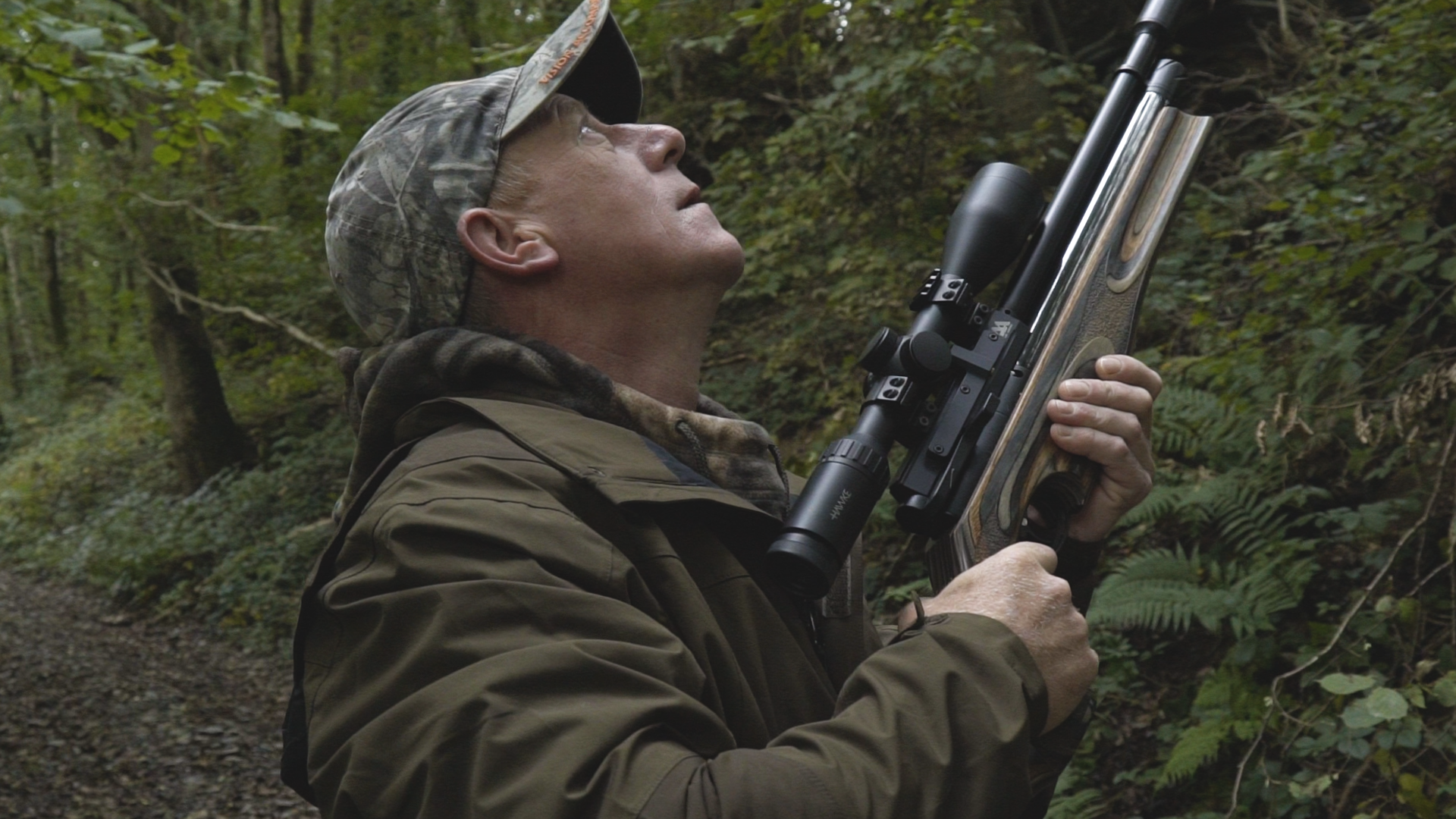 Some conditions that applyAs with most laws, the usage of air guns comes with conditions. To take a more in-depth look into these conditions for magpies, other birds and protected species, check out the government website. We will take a look at a few that apply to magpies below. Alternative lawful methodsIt is always recommended that any person acting under the correct licence makes all the reasonable steps to carry out alternative methods - including non-lethal methods. This means that it is your judgement to act both reasonably and lawfully when using this licence. However, it is recognised that you do not have to continue with non-lethal methods if they prove to be not practical, not effective or disproportionate. Protecting animal welfareYou must always comply with all relevant legislation, and it is always recommended that you read and understand The Animal Welfare Act 2006. Failing to comply with this condition may result in you committing an offence under section 4 of the act - and causing unnecessary suffering to these animals. An example of abiding by this condition to protect welfare would be avoiding lethal control of birds during breeding season when possible. Trapping birdsIf you want to use a cage trap, you can only use certain birds as decoys. For magpies, you must use pica pica. Using the licence on a site of special scientific interest (SSSI)This condition depends on whether you’re a Section 28 authority or not.
Using this licence on or near some European sitesThis condition applies to protecting animal welfare. Different European zones have their own conditions - you can check them out here. 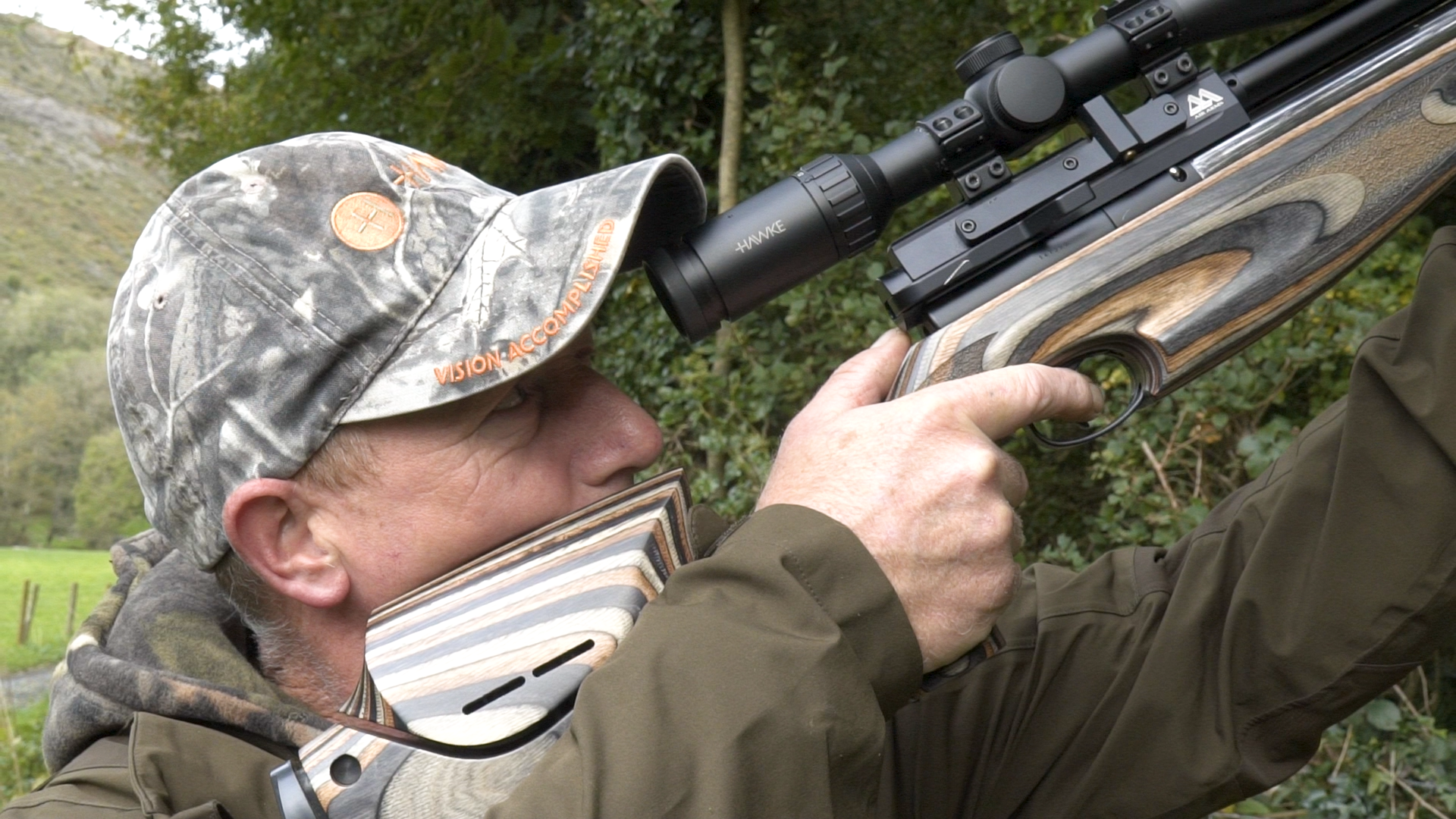 What to consider when shootingNow that you understand the core regulations and laws surrounding magpies, you must look at what important factors need to be taken into account when going out to shoot with your air rifle. The Air Rifle you useThe air guns you use are very important when taking lethal methods of killing magpies. When going out with your air rifle, you always have to make sure your rifle is powerful enough to achieve a clean kill. For certain species this may be an air rifle more powerful than 12 ft-lb (and requires the firearms certificate). There are four types of air rifles - PCP air rifles, spring air rifles, CO2 air rifles and gas ram air rifles. Typically, certain types will be a better choice for pest shooting. BASC highlights that repeating air rifles give an immediate second shot - which is an advantage when shooting live quarry. Avoid air rifles that take excessive time to charge, and if you’re in any doubt, contact your local dealer for advice on the perfect air rifle for hunting. A PCP air rifle may be the best air rifle for pest control due to its power and accuracy. You can find out more information on the types of airguns on our blog. When shooting birds, you cannot shoot in artificial lighting or with a sighting device for night shooting - or a device for light-up targets. Final ConsiderationsWhen small game hunting on any live quarry, it is vital to shoot within your capabilities. Only ever practise on targets and never perform target shooting with air guns on any live species. Target practice will help you determine the maximum range you and your rifle can hit to ensure a clean kill. Always make sure you’re aware of the laws for your jurisdiction. The information above is relevant in England - some differences may apply to other parts of the UK, so always check your local restrictions. Leading manufacturers and leading brands will have a wide range of pellet guns which work great for shooting magpies. Here at Air Arms we deliver airguns at a high standard to ensure not only ease and enjoyment when shooting - but safety and accuracy. Don't hesitate to contact us with any queries or questions. We're always here to help achieve your shooting needs!
|
|
Firearms cert are not renewed annually,but every five years